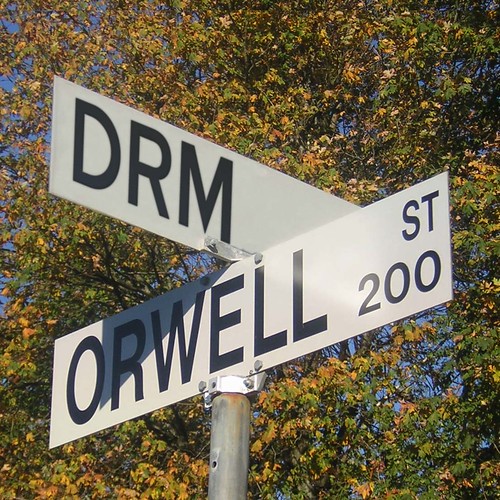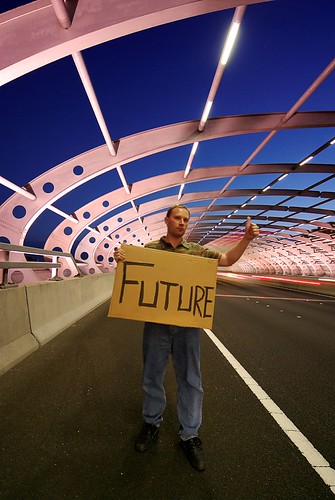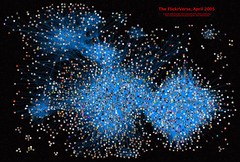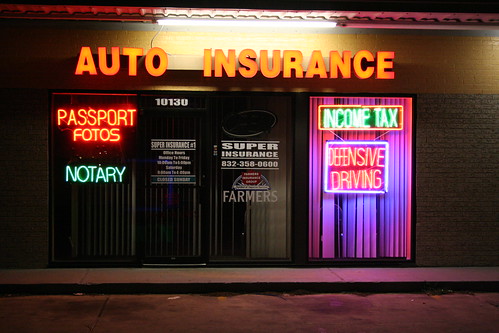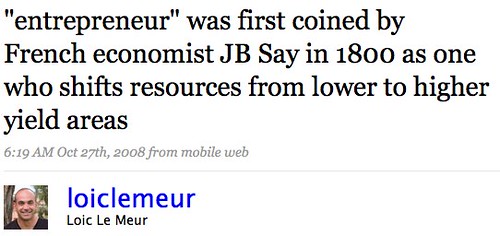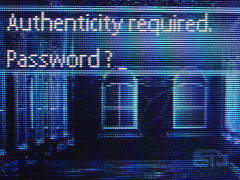 It was interesting to read the 11 business models for Twitter. Here’s one that I rarely see ever get mentioned: semantic conversations.
It was interesting to read the 11 business models for Twitter. Here’s one that I rarely see ever get mentioned: semantic conversations.
The assumptions.
Before I jump into it, some context as to why I think this is a solid approach.
– advertising sucks in the traditional sense. Showing ad’s blindly, is like throwing pamphlets over the Amazon hoping that your target market catches some of them. Or another example: if you’re looking for some relief, do you walk down the main street of your city with your pants down yelling out "I want sexy time"? Sure, some people will approach you – but it certainly is not the most efficient way.
– search advertising is the window into the future of advertising. The reason why Google does so well is because when a user searches they are flagging their intent. No more blind guessing – now it’s just a matter of accurately matching that intent to something. To extend the analogy using sex, this is like going to a single swingers party – you know everyone there is hungry, so to speak.
– Word of mouth marketing beats any other form. Imagine you’re at a nightclub with your best friend. A model stops in front of the two of you – looks at your friend – and asks what cologne he’s wearing. He replies, she smiles – and then walks off giving him a wink.
You tell your little brother the next day about the incident who’s just run out of cologne. Next thing you know, he’s at the department store calling you and asking what’s that cologne’s name. Unlikely story? Have a think about the last time you bought something – we tend to rely on people we trust to guide our decisions.
– Affiliate marketing is one of the most successful ways of making money on the web. My friends at Tjoos.com, help people find coupons – and they make a stupid amount of money because of affiliate deals. Affiliate marketing is rooted in a traditional concept for selling – there are suppliers like a manufacturer, and there are the retailers who onsell the supply like we see with clothing shops. With affiliate marketing, you act as a store pushing a product – and you get a cut of the final transaction if successful.
– On Twitter people talk and share The use cases of Twitter are a different topic in itself, but let’s think of one of the most common: people share links with other people. As a case in point, monitor this search query I just constructed. Within minutes, you will see hundreds of new results returned. That’s a lot of links been shared.
Semantic conversations explained
Let’s say I just suggested that people read the book "Growth Fetish". People that follow me know me well enough to look into it as a legit thing. Perhaps some even trust my judgement to blindly buy the book (like I do with some people I know).
Now imagine, if instead of just saying the name of the book or pointing to the authors website – I had an easy way to embed Amazon affiliates. When people read I liked a book or a product, and they see a link – two things happen: they likely will follow the link to see what the fuss is about, and after reading up they will potentially make a purchase depending on how impressed or how much they trust me. Because the link tracks that I was the person recommending it, it connects the sale of that product by that person to me. And they don’t need to make the purchase right there – it can happen up to 45 days later and I still get recognised for it (as is the case with most affiliate programs).
Implementation
It’s going to take a bit of thinking on how to implement this easily. For example, it needs to be drop dead easy for people to find the correct link and embed it. Twitter should tweak its system so that it recognises true hyperlinks that have words aliased, rather than just raw addresses. A way of guessing what the person is promoting and matching it to a Amazon code would be ideal (ie, “findbook:growth fetish” will have Twitter make a suggestion to link it to).
It would have to be a revenue share program, meaning Twitter and the user get a cut. That’s a good thing, because everyone’s interests are aligned. But it also means it needs to be thought out as it’s an art to get the right progressive scale between motivating and killing.
Good luck Twitter: I’m counting on you and Facebook to work out a monetisation model, as you will drive the next wave of growth which builds the industry (like Google did post the dotcom years).

